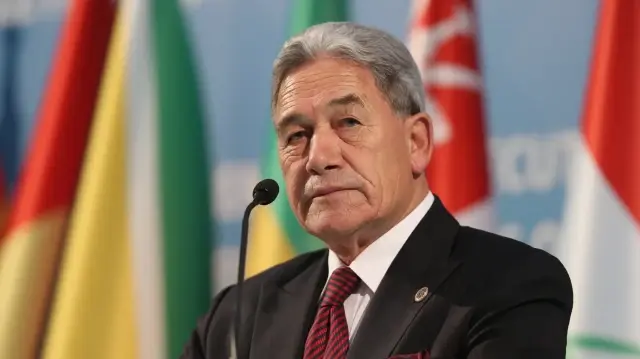New Zealand has moved to reapply United Nations sanctions against Iran, citing the country’s failure to meet its nuclear commitments under the 2015 international agreement. Foreign Minister Winston Peters stated the decision was a response to Iran’s “non-compliance with its nuclear obligations and unjustifiable levels of uranium enrichment activity.”
Details of the Sanctions Regime
The newly imposed United Nations Sanctions (Iran) Regulations 2025, effective October 18, introduce a series of restrictive measures. These include a freeze on assets and travel bans for designated individuals, alongside bans on the import and export of specific nuclear and military-related goods. The regulations also impose a duty on New Zealand citizens and entities to exercise vigilance in all business dealings with Iran.
A Call for Diplomacy and Further Measures
Despite the punitive steps, Minister Peters emphasized that New Zealand continues to support diplomatic efforts to prevent nuclear proliferation. “We strongly encourage Iran to re-engage in negotiations and resume full cooperation with the International Atomic Energy Agency (IAEA),” he said. Further tightening economic oversight, the government will also introduce a compulsory registration scheme from February 1, 2026, for any New Zealander intending to conduct business with Iran.
International Context and Iranian Stance
Wellington’s decision aligns it with the United Kingdom, France, and Germany, which have also recently reinstated UN sanctions against Tehran. This collective action follows the collapse of talks to revive the broader nuclear agreement, negotiations that faltered after Israeli attacks on Iranian sites earlier this year. Iran has consistently denied allegations that it seeks to develop a nuclear weapon.

